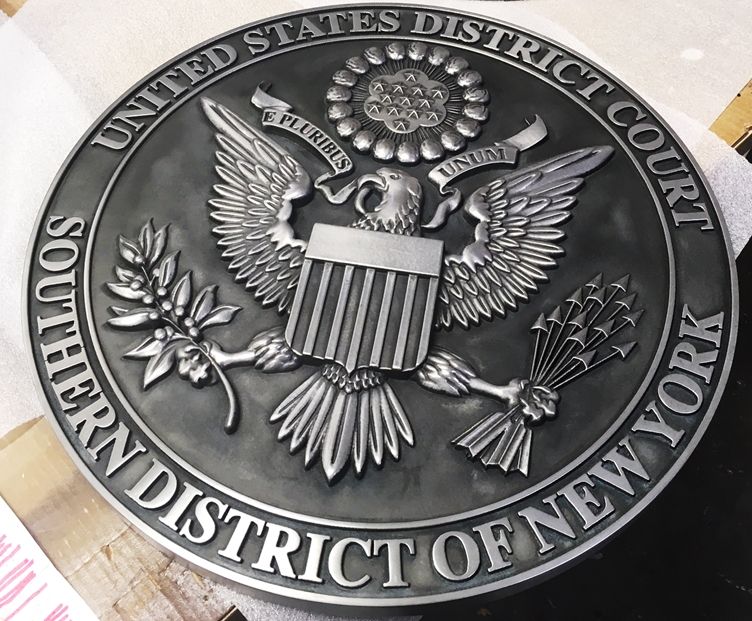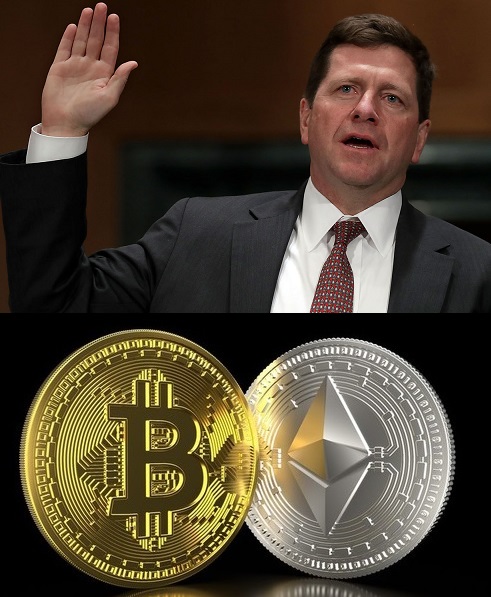By John E. Deaton, Founder and Host of CryptoLaw
The SEC’s attack on Ripple has been a case against all XRP transactions from 2013 to the present day. That is not only the clear message of the SEC’s complaint, but also in the precedence of its attacks on other digital assets. Judge Sarah Netburn caught SEC prosecuting attorney Jorge Tenreiro saying it as clearly in court during a March 12 hearing: “Every sale is a violation,” he said. Judge Netburn pressed Tenreiro: “Presumably under this theory then, every individual in the world who is selling XRP would be committing a Section 5 (of the Securities Act of 1933) violation based on what you just said.” Tenreiro scoffed at the judge’s question, saying that retail holders of XRP are protected under the exemptions of Section 4 and only “the issuer” is a legal target.
Well, we know that isn’t true. What is worse, the SEC also knows it isn’t true.
Just look at the case against Telegram. Judge P. Kevin Castel of the same U.S. District Court for the Southern District of New York found that Telegram’s offers and sales of its Gram token were an ongoing violation of Section 5 and “[w]hen distribution reaches the public, the SEC can invoke jurisdiction and claim that the public needs the protection of the Securities Act. … The term issuer means every person who issues or proposes to issue any security.”
That means any exchange who lists the token and any retail holder who sells it to someone else.
Tenreiro’s attempt to mislead the court goes further. He was the lead attorney for the SEC in the Telegram case. He knows what he argued, and what the judge ultimately ruled in the case. He can’t claim ignorance in front of Judge Netburn, or any of us. We are watching the case closely and we are well aware of the stakes for us, as holders of XRP, but more broadly as holders of all cryptocurrencies. Make no mistake, what happens in this case will have a major impact on the future of crypto, at least in the U.S.
The absence of any protections granted or expressed for holders of XRP in the SEC’s complaint against Ripple was deliberate. If they wanted to reassure the millions of XRP holders, they would have done so at the beginning. To date, the SEC has not offered reassurance in any manner, not in Tenreiro’s response to Judge Netburn, not in their reply to our pre-motion letter, not anywhere.
The SEC’s mission to “protect investors; maintain fair, orderly, and efficient markets,” appears to be in vain in this case. Their decision to establish policy by enforcement, filing an 11th hour lawsuit, not only sparked panic-selling of XRP and delisting of the token by exchanges, it fostered an uneven market by picking winners and losers, and added even more regulatory uncertainty surrounding crypto.
Also, don’t forget that in the Telegram case, the SEC sought and received a preliminary injunction preventing the company from using the funds raised from selling Grams to build its TON Blockchain, noting its fundraising scheme violated existing securities law. Notably, the fundraising scheme used by Telegram is strikingly similar to the offering scheme Vitalik Buterin used to launch Ethereum. Also curiously, ex-SEC Director of Corporation Finance William Hinman made it clear that in his eyes ETH is not a security. So why then go after Telegram? Perhaps the $1.6 million in payments he received from a law firm that sits on the Enterprise Ethereum Alliance during his tenure at the SEC had something to do with it.
I have said from day one, I am not an expert in crypto nor a securities lawyer, but it doesn’t take an expert to see that plenty is very wrong, very corrupt and very outrageous about the SEC’s lawsuit against Ripple. I hope that clarity is on the horizon, but I fear that for the retail holders represented in our case the fight has just begun.










